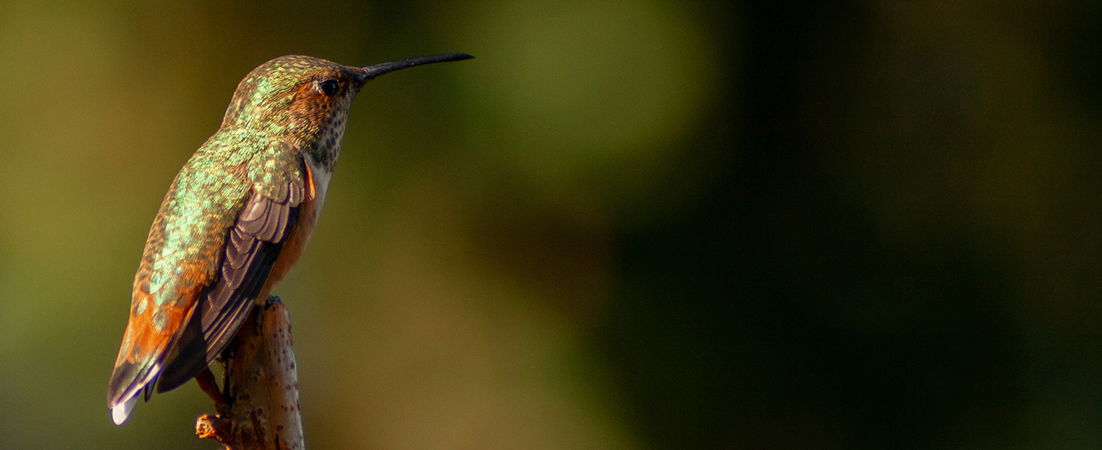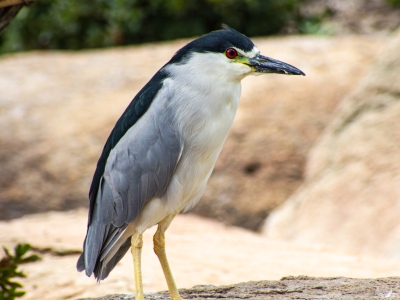
Galleries
Here are the photos! Enjoy!
The Black-crowned Night Heron (Nycticorax nycticorax), or black-capped night-heron, commonly shortened to just night-heron in Eurasia, is a medium-sized heron found throughout a large part of the world, including parts of Europe, Asia, and North and South America.
The black-crowned night-heron was formally described by the Swedish naturalist Carl Linnaeus in 1758 in the tenth edition of his Systema Naturae. He placed it with herons, cranes and egrets in the genus Ardea and coined the binomial name Ardea nicticorax. It is now placed in the genus Nycticorax that was introduced in 1817 by the English naturalist Thomas Forster for this species.
These birds stand still at the water's edge and wait to ambush prey, mainly at night or early morning. They primarily eat small fish, leeches, earthworms, mussels, squid, crustaceans (such as crayfish), frogs, other amphibians, aquatic insects, terrestrial insects, lizards, snakes, small mammals (such as rodents), small birds, eggs, carrion, plant material, and garbage and refuse at landfills. They are among the seven heron species observed to engage in bait fishing; luring or distracting fish by tossing edible or inedible buoyant objects into water within their striking range – a rare example of tool use among birds. During the day they rest in trees or bushes. N. n. hoactli is more gregarious outside the breeding season than the nominate race.
